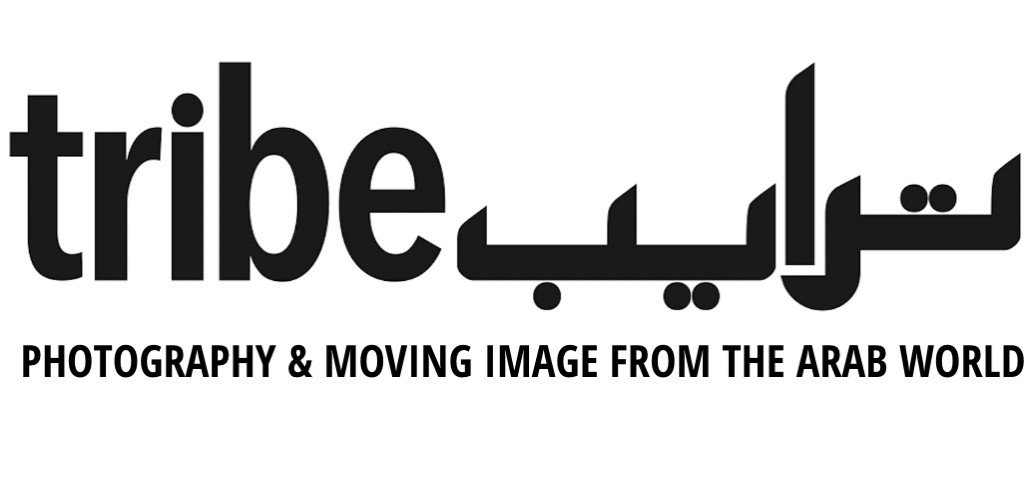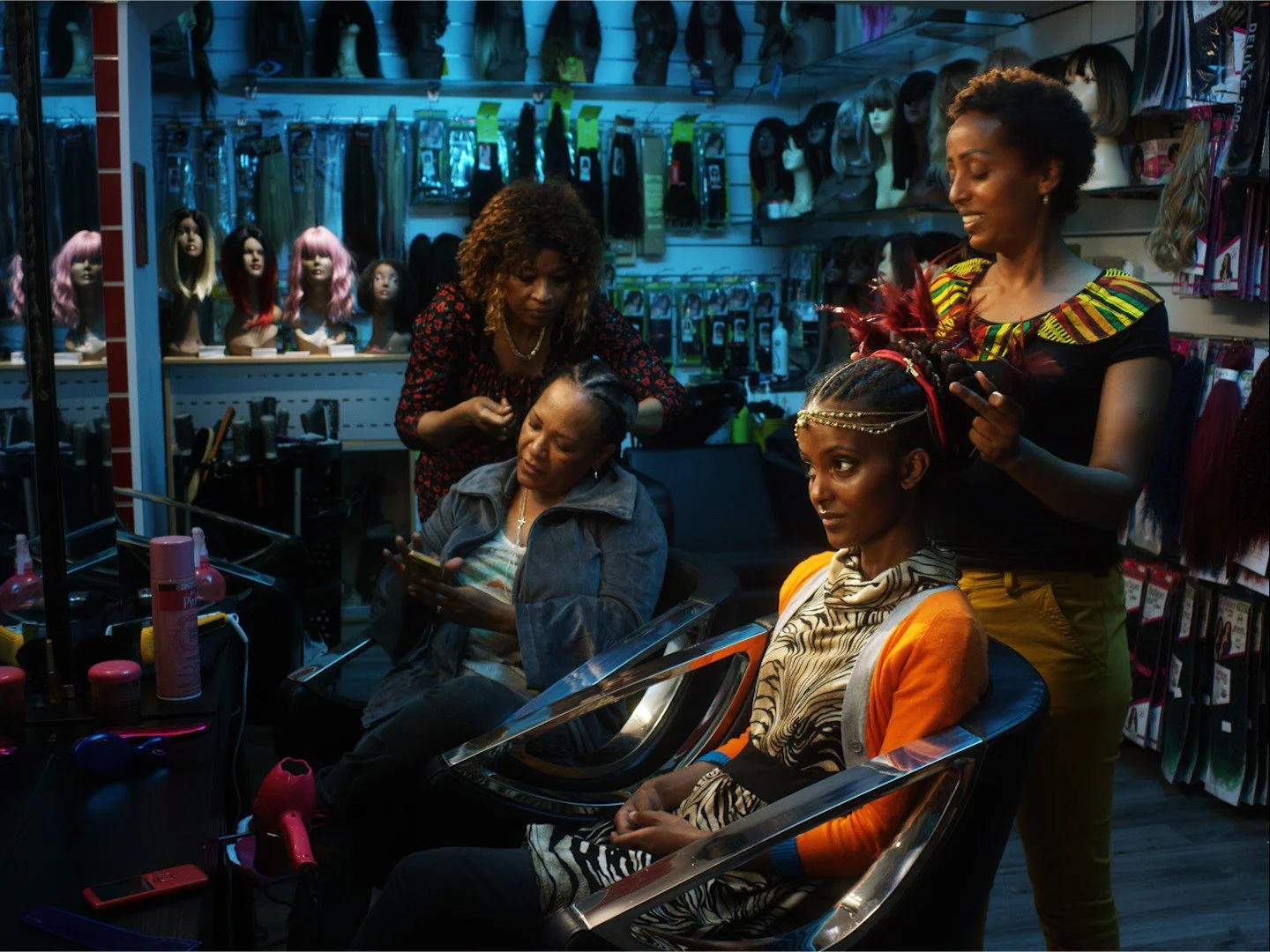Wissam Charaf: Dirty Difficult Dangerous
A tragedy of three populations in one country
With text by Hind Mezaina
Dirty Difficult Dangerous (2022) by Wissam Charaf opened the 2022 edition of Giornate degli Autori, an independent film festival section held in parallel and in association with the Venice International Film Festival. After the screening, Charaf said he has noticed a slight fatigue concerning films about refugees, racism, and suffering; and he wanted to make a film about falling in love as an act of resistance.
Set in Beirut (filmed in Corsica), the film is a love story between Mehdia (played by Clara Couturet), an Ethiopian domestic worker, and Ahmed (played by Ziad Jallad), a Syrian refugee. It blends multiple genres—drama, satire, fantasy, and sci-fi—and was filmed in 1.33 format, an aesthetic choice explained by Charaf in another interview, “The way I do things is simple: I take a 50mm lens in 1.33, put it on the camera and try to fit everything in, instead of doing the opposite. I think that gives the film a visual identity.”
Love and desire are not often examined in films about refugees and domestic workers. Viewers are accustomed to seeing them presented as victims without agency. Whilst the film shows the ways in which migrant workers and refugees are dehumanized, we also see a playful and rebellious side to their lives, including trysts in secret locations, despite the cards that they have been dealt and a society that does not allow lovers to be together.
Charaf describes his film as a “[T]ragedy of three populations in one country: the racism towards domestic workers; the misery of Syrian refugees; and the moral decadence of the Lebanese people that harbor and employ them.” At times disguised as tough love or even false affection, Mehdia’s Lebanese employer Leila (played by Darina Al Joundi) exposes her innate racism when she hires a new housemaid (played by Kawsie Chandra) to help Mehdia and decides to call her “Kookoo,” instead of addressing her by her easily pronounceable real name, Koussama.
That said, the film also shows how racism is not particularly a hierarchy or status issue. It rears its ugly head even amongst refugees, as seen when Mehdia visits Ahmed’s mother at the border—a scene filmed at a real refugee camp on the Syrian border—and is treated as a housemaid, despite Ahmed’s mother’s status as a homeless refugee herself.
As Ahmed’s bullet-ridden body slowly transforms into metal—imagery akin to that of a superhero—bodily trauma adds another burden to the refugee’s life, as he further struggles to find work, survive, and integrate. While the love between Ahmed and Mehdia may not have a happy ending in the real world, Charaf uses Ahmed’s transfiguration to underscore love as an act of resistance and to end his film with a message of hope.
Ahmed’s first words in the film are calls for “hadeed, nahas, battariyat” (iron, copper, batteries). Towards the end, the plot comes full circle. When Ahmed’s transformed metal arm falls off, he carries it and keeps on walking, with Mehdia in his other arm, in search of a place in which they can be together peacefully. Harboring hope in a world filled with political turmoil is an act of resistance.
All Images: Wissam Charaf, film stills from Dirty Difficult Dangerous, 2022




